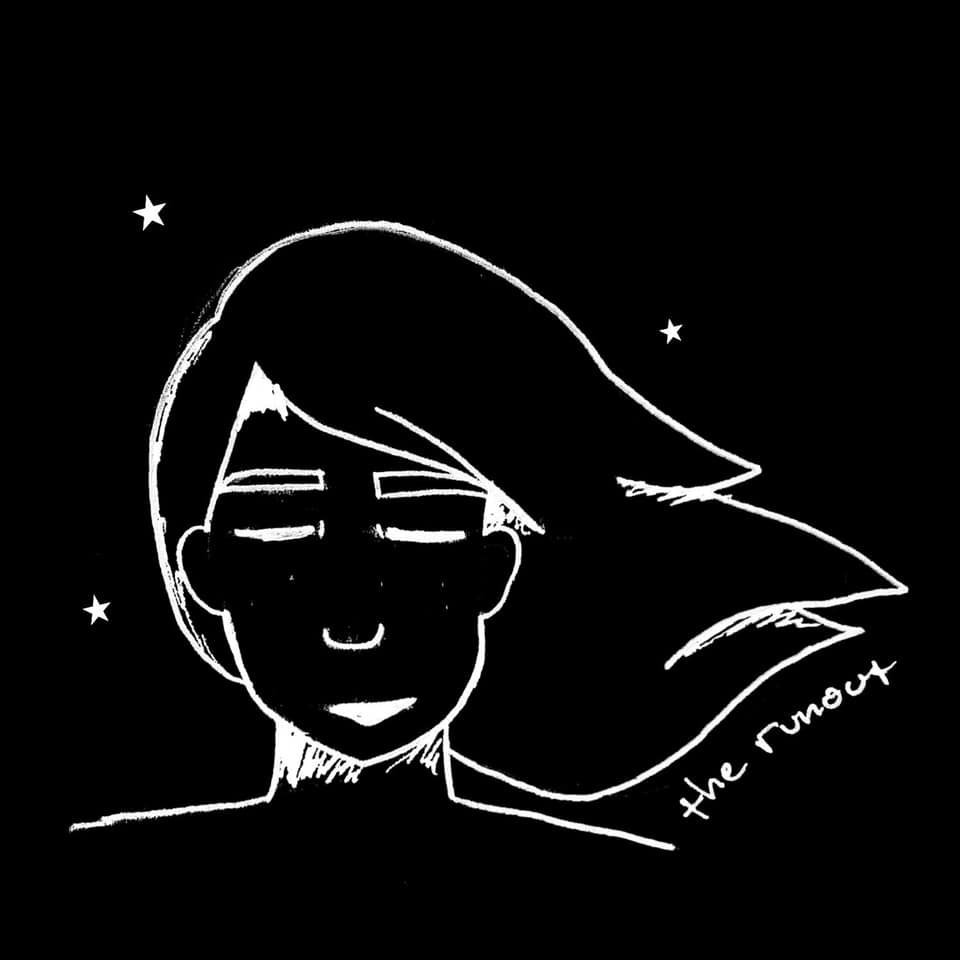Single Sparrow
Automata
Self-released
Single Sparrow is the band moniker of Charleston, SC musician Patrick Leitner, and this new album is truly a one-man project–he plays every note, wrote every song, recorded, mixed, and mastered the final product himself. You’d never know it from listening, however, as the playing is seamless, and the production is spotlessly clean.
Despite the forced sterility of its creation in a kind of artistic bubble, this is not a soulless, automated performance. Leitner has one of those world-weary vocal styles, resigned but still possessing an intensity that belies the non-demonstrative singing. It’s most effective on the pastoral rock of “Peaks and Valleys,” for example, where a loping beat echoes Neil Young as Leitner sings:
“Take me to the Atlantic Ocean, let me feel the waves
Running over sandy shores that weren’t here yesterday
If I try to hold on tight it still washes away
And time is running out on me in much the same way”
The sense of loss is palpable in the song’s metaphor for change, something that the narrator sounds at peace with, if not in agreement to it happening.
There are stories here from Leitner’s own life–”Tiny Metronome” is a reference to his daughter. He draws from history and culture as well, with “Centralia” taken from a coal mining town in Pennsylvania and “Happy Accidents,” pulled from the story of famous still life painter Bob Ross. It’s the songs that invite more universal interpretations, however, that pull one inside this digital audio world.
The emotional depth of Leitner’s writing rewards repeat listens, and this album will sink into your consciousness in all the best ways, with lines standing out at different moments. This week it might be the distillation of “impostor syndrome” unworthiness into the words of “A Reflection of the Moon,” as he sings over a jittery percussive track and a single acoustic guitar, “I am a ballad out of tune, a perfect harmony too soon, or the reflection of the moon; a copy of something true.” Next week, it will shift to “Nothing On the News Tonight” and its examination of relationships in a dystopian world; “The apocalypse is over now, just listening still to the static; something in the way you hold my hand that slows down time …”
Whatever part of Automata connects with an individual listener, the original concept of AI that can think like humans may have been achieved here by Leitner, accidentally or not. The solitary man in a studio created something that connects almost instantly with other humans, through the miracle of digital tech.


